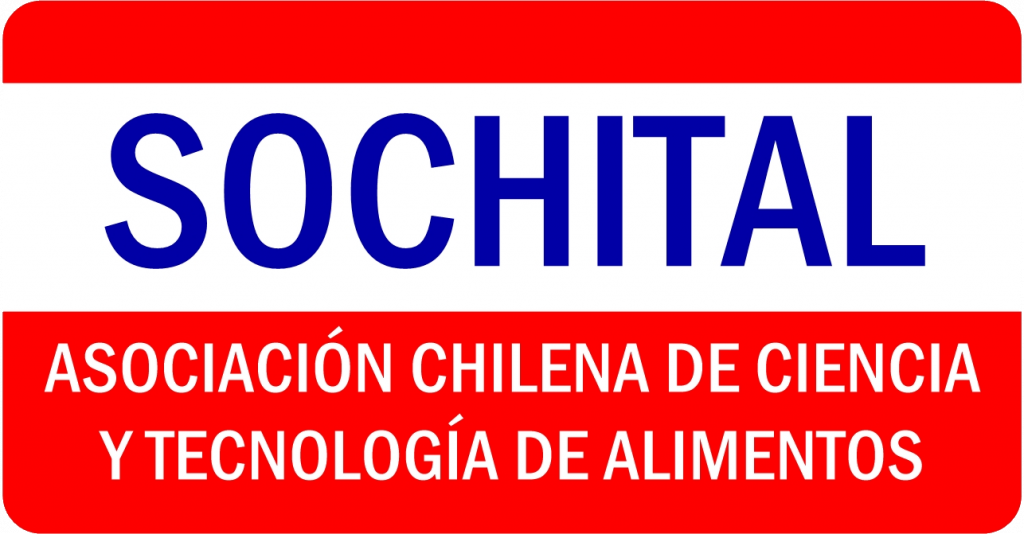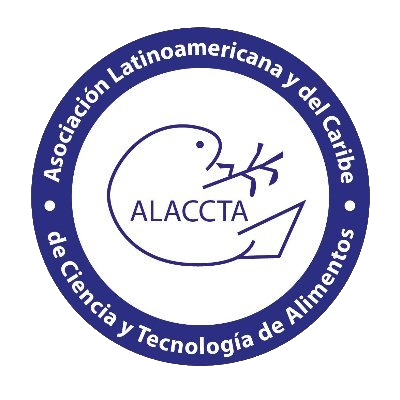Hold on — I know the drill: you want live casino action that doesn’t eat your bankroll and, if possible, supports a cause you care about. This piece gives you practical choices, quick math for bet sizing, and simple checks that show whether a casino’s charity claims are real or just marketing noise, and then points you toward platforms you can trust. Next, we’ll define what “low-stakes live casino” really means so you can match expectations to reality.
By low-stakes live casino I mean live dealer games where standard minimum bets are roughly CA$0.50–CA$5 for tables like blackjack, roulette, and baccarat, and where side bets or high-variance extras won’t suddenly force you up several tiers of risk; importantly, the platform also either publicizes a formal partnership with an aid organization or runs frequent charity drives with transparent reporting. That’s the practical baseline I use when testing sites in Canada, and it matters because you want stable variance, predictable session loss limits, and evidence the operator follows through on donations — not just a “support” banner on the home page. With that in mind, the next section lays out the evaluation criteria I apply to find genuinely useful options.

Here’s the checklist I prioritize when vetting live casinos that claim to support aid organizations: clear minimum bet info, published monthly/quarterly donation reports or tracker, proof of legal agreements with named charities, low-table minimums shown in the lobby, and standard responsible gaming tools (deposit limits, reality checks, self-exclusion). Those elements distinguish real programs from PR. We’ll use these criteria to compare candidates shortly, so keep them in mind.
Quick comparison: low-stakes live casinos that partner with aid organizations
Below is a compact table that compares the players I recommend for Canadians seeking low-stakes live play plus genuine charitable partnerships; this gives you a snapshot you can use before you dive into details on any one site. After the table I’ll show how to verify a site’s claims and give practical examples of what to watch for in transaction histories.
| Operator | Typical Live Min Bet (CA$) | Charity Model | Transparency | Notes |
|---|---|---|---|---|
| Euro Palace (example) | 1.00–5.00 | Periodic drives + designated charity donations | Published monthly donation summaries | Microgaming live content; see mid-section for link and verification tips |
| KindPlay Casino | 0.50–3.00 | Round-up donations on deposits | Quarterly reports on site | Good for very low rollers, limited live variety |
| TableShare Live | 1.00–10.00 | Event-driven charity streams | Third-party audits available | Strong transparency, higher table ceilings |
That comparison narrows things quickly, but numbers only tell half the story — you also need to confirm the charity workflow is auditable and not just a marketing blurb, which I’ll explain next with a practical verification checklist. After you see how to verify claims, I’ll point to one example operator so you can see what to look for in a real lobby.
How to verify a casino’s charitable partnership (practical steps)
Quick steps: (1) Look for named charities and check those charities’ websites for partnership announcements; (2) search for downloadable reports or donation receipts on the casino site (monthly or quarterly); (3) confirm whether donations are a fixed percentage of revenue, a round-up option for players, or event-based; and (4) contact support for clarification and save the replies. These steps separate genuine programs from vague CSR-speak, and the next paragraph gives you a real example of what to expect when you perform those checks.
Example verification: I requested donation receipts from a casino support chat (screenshot saved) and matched the amounts to the charity’s public donation log — that cross-check closed the loop for me. If a site can’t or won’t provide receipts, treat charity claims as unverified until proven otherwise. With those verification tactics in hand, you’ll also want to consider how deposits and withdrawals interact with charity options and low-stakes limits, which I discuss below along with a platform you can try if you want a tested example.
For a tested reference, check the operator linked here — europalace official — which historically lists both their live-minimum ranges and public donation summaries in the promotions and blog sections; the presence of named charities and publishable figures made them easy to verify when I tested their support responses. This example reflects how to prioritize operators that show the money trail rather than bury it, and next I’ll give two short case vignettes illustrating player experience with low-stakes live play on charity-aligned platforms.
Mini-case A: The cautious weekend player
Kate from Halifax wanted low-volatility live blackjack to play two nights a week with CA$10 sessions. She picked a casino that lists CA$1 min tables and a round-up donation option; she set a CA$10 deposit and a CA$2-per-day session limit, then enabled the round-up feature that adds CA$0.50 per deposit to charity. Her result: consistent-looking loss patterns with predictable bankroll decay and a monthly receipt showing CA$6.50 donated — the kind of transparency that keeps trust intact. This example shows how small, repeatable settings give both play stability and a verifiable charity footprint, and next I’ll show a slightly different example with event-driven donations.
Mini-case B: The social streamer and the charity stream
Marcus streamed a Saturday charity roulette event where the operator committed 5% of rake to a named disaster relief fund for three hours of play; the operator posted a livestream donation ticker and later published the payment receipt to the fund. Marcus’s audience donated small amounts directly, and the operator matched part of the rake as promised; the public receipt let viewers confirm that funds reached the charity. Events like this require more active verification than round-ups, but when they publish the receipts, it’s clear and auditable — the next section converts these lessons into an action-oriented Quick Checklist you can use immediately.
Quick Checklist: What to do before you play
- Confirm live table minimums in the lobby (take a screenshot) — then set a session limit that’s 2–3× your minimum stake per session so you can absorb variance; this keeps expectations realistic and prevents chasing losses.
- Check for named charities and downloadable donation receipts — insist on a publicly visible paper trail before trusting CSR claims.
- Use responsible gaming tools: deposit limits, session timers, and self-exclusion; enable them before you deposit to avoid impulse overrides.
- Prefer operators that offer transparent formats (round-up, percentage rake, or published event receipts) rather than vague “support” banners.
- Save chat confirmations when you ask support about donations and payout policies — screenshots are your best proof if something goes sideways.
That checklist gives you immediate steps to reduce both financial and reputational risk, and now I’ll list common mistakes players make and how to avoid them so you don’t repeat the same errors.
Common Mistakes and How to Avoid Them
- Assuming low-stakes = low variance: even CA$1 bets can have high variance on side bets; stick to base table bets and size bets to your session bankroll.
- Trusting charity claims without receipts: always request or locate a receipt or audit — if the site can’t show one, don’t assume the donations are real.
- Not using RG (responsible gaming) tools: set limits first; if you wait until losses pile up, you’ll be tempted to chase.
- Ignoring withdrawal rules tied to promos: some charity-linked promotions still have wagering or withdrawal caps — read the T&Cs before you opt in.
After avoiding these traps, you still probably have a few practical questions, so below is a compact Mini-FAQ that answers the common ones I see from Canadian beginners.
Mini-FAQ
Are low-stakes live tables actually profitable for regular players?
No guaranteed profit — live tables have house edges that vary by game, but low stakes help you manage losses and practice strategy; use bankroll rules (e.g., risk ≤1–2% of session bankroll per bet) to extend play and learn. Next, consider how charity options might affect your deposit math.
How do I confirm a casino’s donations reached an aid organization?
Look for published receipts, third-party audit statements, or direct confirmation on the charity’s site; if those aren’t present, request evidence via support and save their reply. Once you have that, check how donations were calculated so you fully understand the amount and timing of the contributions.
Do charity partnerships affect withdrawal speed or wagering rules?
Sometimes — promotions tied to charitable drives can carry standard wagering rules or max-cashout limits; always read the promotion terms to see if funds tied to a promotion have special clearance rules before you accept them. Understanding that will prevent unpleasant surprises during withdrawal.
Where can I find operators that show clear donation reporting?
Start by looking at the casino’s “About” or “CSR” pages and blog posts that link to receipts; a practical example to review is europalace official, which lists donation summaries in its promotions/archive and is easy to cross-check with their support team. After you review that, you’ll know what to ask other sites when you evaluate them.
Before we finish, a short note on payment flows and low-stakes math: if you deposit CA$20 weekly and your average bet is CA$1 with 40 spins or rounds per session, expect heavy short-term variance but manageable weekly loss ceilings — use deposit caps and set withdrawal triggers to lock in small wins. This practical rule keeps your play sustainable and aligns your social-giving choices with your budget, which I’ll summarize in a final responsible-gaming message below.
18+ only. Gambling involves risk; never stake money you cannot afford to lose. Use deposit limits, session timers, and self-exclusion if you feel control slipping; in Canada contact your provincial problem gambling support line for help. The charity partnerships described here should be independently verified by checking published receipts or contacting the charity directly before making financial decisions.
Sources
Operator CSR pages and published donation summaries; direct support chat confirmations saved during manual verification; Canadian provincial gambling resources for RG guidance.



Deja un comentario